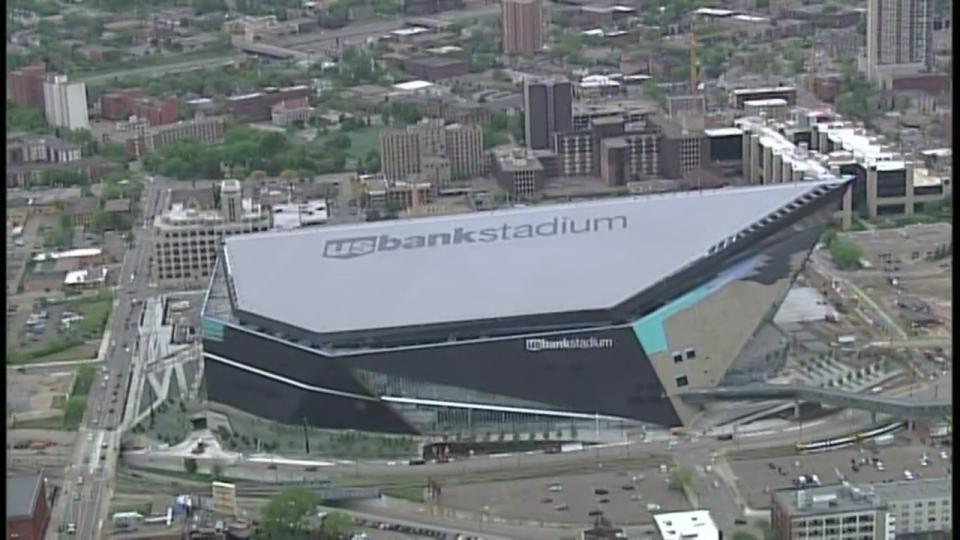New tax bill would kill breaks for sports stadiums
Last month, in the midst of his attacks on the NFL over protests, President Trump targeted his rage at the league where it would hurt most: the wallet.
“Why is the NFL getting massive tax breaks while at the same time disrespecting our Anthem, Flag and Country?” Trump seethed on Twitter. “Change tax law!”
While it’s unclear what Trump meant by “changing tax law,” Republicans in the U.S. House of Representatives have taken him at his word: the newly proposed tax reform bill would kill the tax-exempt status for municipal bonds used to finance stadium construction. (Worth noting: this isn’t an idea new to Trump or Republicans. President Obama proposed ending the tax-free status for the bonds back in 2015, and the stadium-finance bond provision has long been a target of tax reformers.)
Put simply, because nobody’s here to delve through the intricacies of municipal construction tax policy: when a team asks a city to kick in on a new stadium, the local government issues municipal bonds to pay for its share. Those municipal bonds are, at present, free from federal tax, saving investors a measurable, significant, double-digit percentage of the overall cost … and, in turn, depriving the federal treasury of significant potential revenue.
How much revenue are we talking here? A fair amount. Since 2000, the federal government has subsidized $3.7 billion in tax-exempt bonds for stadium construction, according to Bloomberg. A recent Brookings Institute study found that of 45 stadiums constructed between 2000 and 2016, 36 took advantage of the tax-free bonds.
The tax break has been more icing-on-the-cake than fundamental financial foundation for sports teams; analysts note that teams could easily account for the loss in additional tax benefits with simple design tweaks and construction requirements on billion-dollar stadiums.
“Will it substantially affect the lucrative business of professional sports teams? No,” Ted Gayer, one of the authors of the Brookings study, told Reuters. “Will it substantially impact the ability of sports teams to get subsidies? No, maybe at the margins, but probably not.”
The stadium provision is one of many aimed at reallocating finances for municipal bonds, and regardless of what one thinks of either the president or the NFL, the practice of using taxpayer dollars to fund lavish stadiums is one that’s drawing ever-greater opposition. (If indeed this is aimed, even in part, at harming the NFL, one irony is that almost every team in the NFL is happy where it is, or where it’s heading. The only NFL team that could move in the near future is the Washington Redskins, whose owner Daniel Snyder—irony, part 2—is an avowed Trump supporter.)
The Republican tax plan is a long, long way from becoming law. But the fact that ending a lucrative tax break is even on the table adds to the ever-growing list of challenges facing owners and leagues.

____
Jay Busbee is a writer for Yahoo Sports. Got a tip, comment, or question for a future NFL mailbag? Contact him at jay.busbee@yahoo.com or find him on Twitter or on Facebook.


